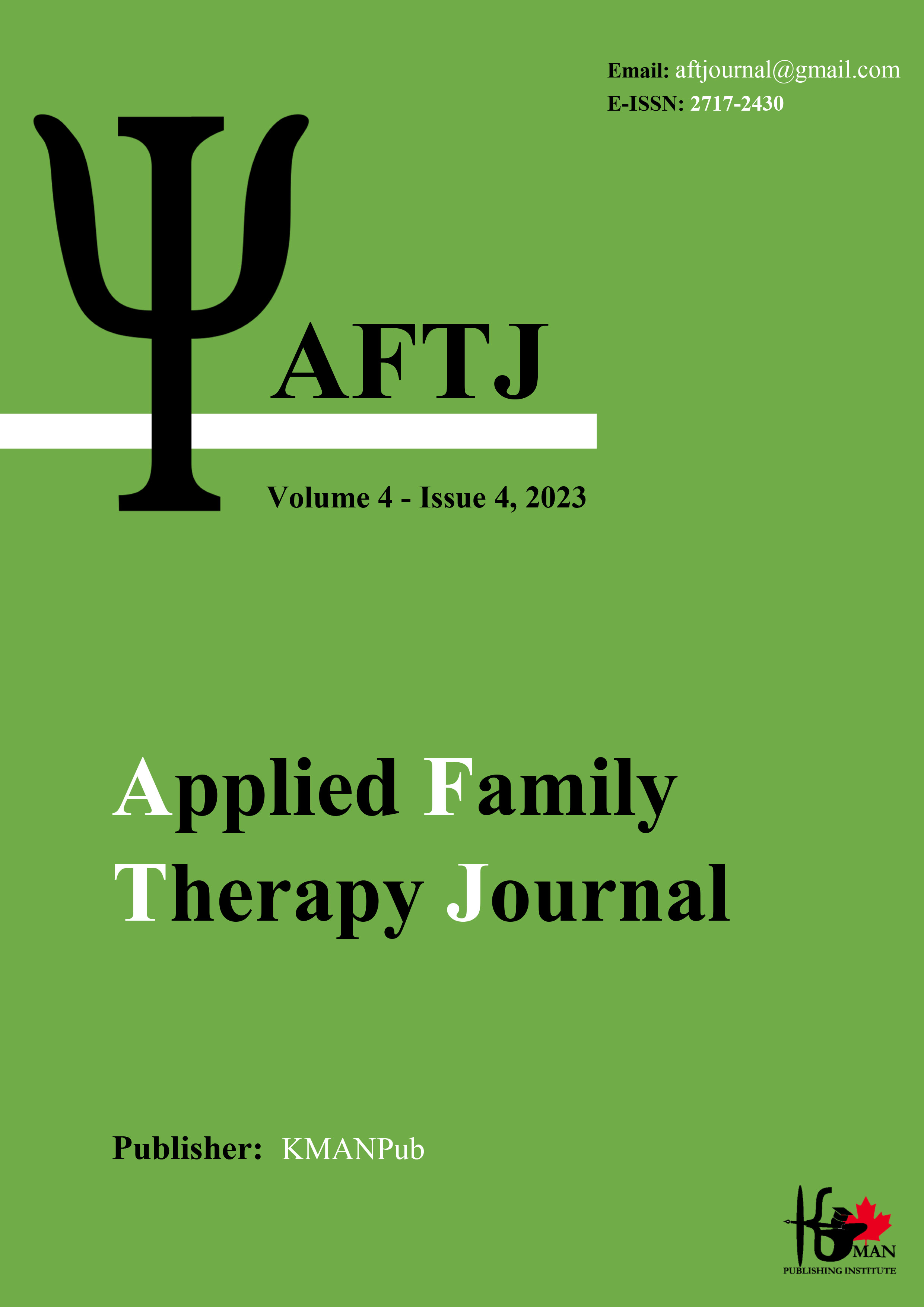The role of social capital and quality of life on happiness and preventing family breakdown
Keywords:
Social capital, happiness, family breakdown, quality of life.Abstract
Aim: The research was conducted with the analytical purpose of the relationship between social capital and quality of life with happiness and the role of social capital in preventing family breakdown. Method: The current research is a survey method. The statistical population is the population of 20 years and older in Kerman. According to Cochran's formula, the selection of the research sample is equal to 400 people. Research tools for data collection include World Health Organization Quality of Life Questionnaire (1989), Oxford Happiness Questionnaire (1989) and Social Capital Questionnaire (Putnam 1993). The theoretical framework of the research is associated with the integration of the human development approach based on the description of Griffin and McKinley and the theories of Putnam, Coleman, Stone, Harper, Fukuyama regarding social capital. Results: The research results indicate that the relationship between quality of life and happiness is not significant, but social capital has a direct and positive effect on happiness, which is equal to: 0.155. With the increase of social capital, the level of happiness of people also increases. This relationship is a very strong relationship. Conclusion: All people want to be happy, but the structures of a society cause that sometimes their happiness is combined with despair and disappointment. People like Fukuyama have a direct reference to the relationship between the incidence of social problems and social capital. According to Fukuyama, the incidence of issues such as family breakdown and suicide and the like is a sign of the lack of social capital in people involved in these issues.
Downloads
Downloads
Published
Issue
Section
License

This work is licensed under a Creative Commons Attribution-NonCommercial 4.0 International License.





















